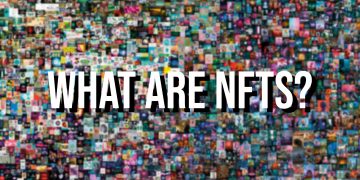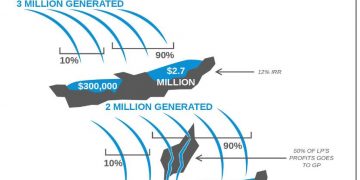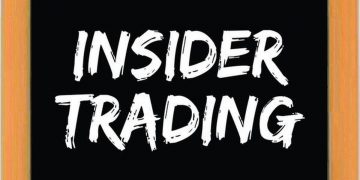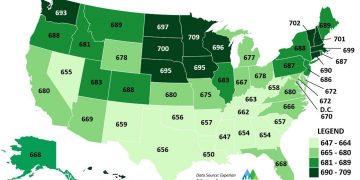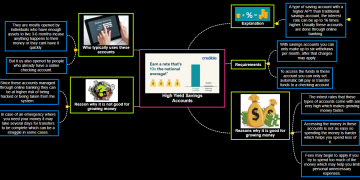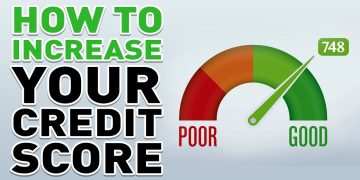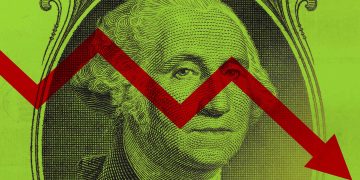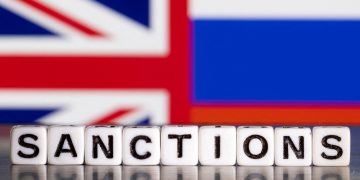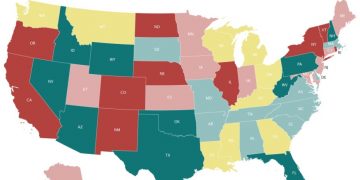Charge Foundation, a free not-for-profit that tracks charge arrangements in the US, has delivered another State Business Tax Climate Index for the impending year. The Index analyzes charge strategies among US states and positions them dependent on how very much organized their expense frameworks are and how aggressive (or not) it makes them on the worldwide stage.
Charges are a famously convoluted issue in the US, which is the reason individuals go to particular assessment programming answers to assist them with taking care of taking care of their obligations.
In America, charges are gathered on government, state, and nearby levels and collected on pay, capital increases, property, profits, imports, finance, deals, domains, and gifts. Combined with the way that charge approaches vary from one state to another makes for an unbelievably tangled duty framework.
Consequently, the State Business Tax Climate Index addresses a significant appraisal of state charge arrangements for organizations and standard individuals the same.
As indicated by the Tax Foundation, “The Tax Foundation’s State Business Tax Climate Index empowers business pioneers, government policymakers, and citizens to measure how their states’ expense frameworks analyze. While there are numerous ways of showing how much is gathered in charges by state legislatures, the Index is intended to show how well states structure their duty frameworks and gives a guide to progress.”
As in each cycle of the Tax Climate Index, the 2022 report likewise separates the ten best and ten most exceedingly terrible positioned states as indicated by the states’ assessment frameworks. These are the ten highest level states:
- Wyoming
- South Dakota
- The Frozen North
- Florida
- Montana
- New Hampshire
- Nevada
- Tennessee
- Indiana
- Utah
As per the Tax Foundation, the shortfall of significant duty is a typical element among the main 10 expense agreeable states. While each state demands property and joblessness protection charges, other significant ones like corporate annual assessment, individual personal duty, or deal charge are not gathered by all states, and some preclude a few of them.
All things considered, Indiana and Utah demand all significant expenses however the rates are really low that it places them in the best 10 regardless.
On the other side, the ten most exceedingly awful states as a rule experience the ill effects of complex, nonneutral charges with nearly high rates. The 2022 Index singles out New Jersey as the most exceedingly terrible positioned state (50th) because of a mix of very severe tax collection arrangements.
This incorporates demanding probably the most elevated local charge loads, most elevated corporate duty in the country, amazingly forceful individual pay tax assessment, legacy charge, and inadequately organized individual pay tax collection.
Here is the rundown of the last 10:
41. Hawaii
42. Louisiana
43. Vermont
44. Arkansas
45. Minnesota
46. Maryland
47. Connecticut
48. California
49. New York
50. New Jersey
Charge strategy is generally at the focal point of US political discussions, doubly so because of the new move by the Democrats to improve program marked, which included major developments to burden arrangements. While BBB appears to have failed, we’re certain to see a few changes to tax collection on both government and state levels in the impending time frame.



